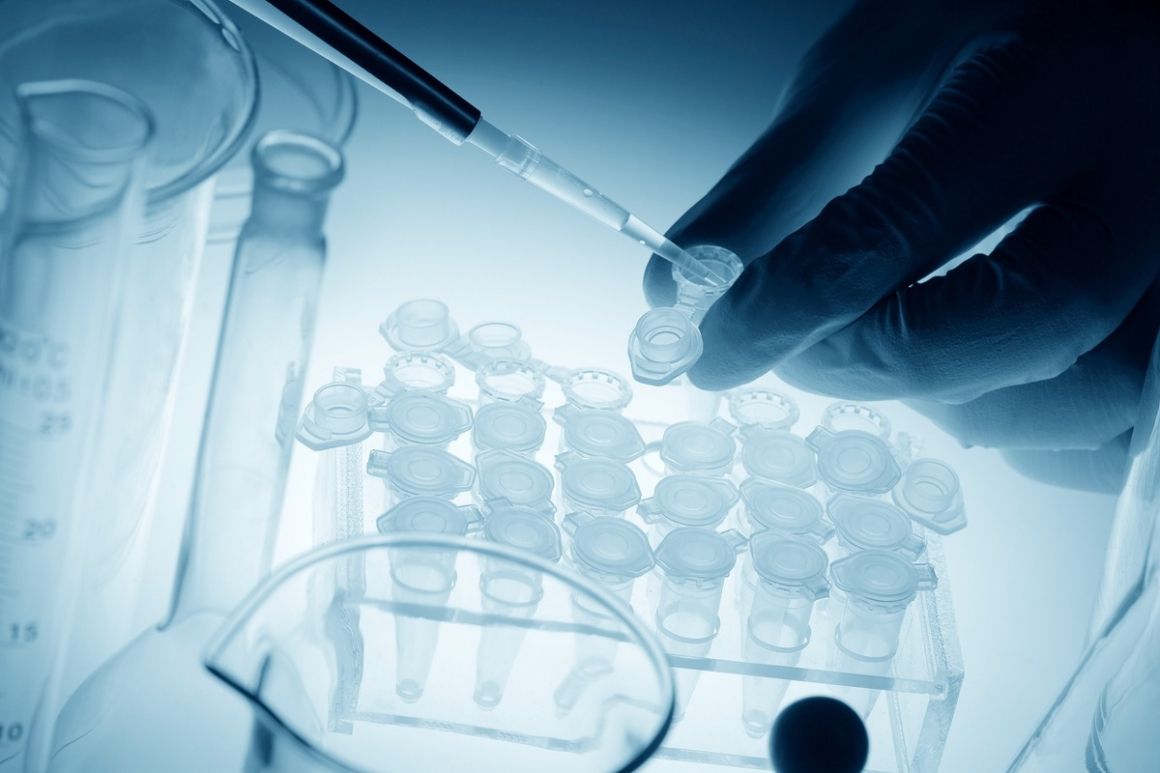Eurofins developed several innovations to fight the Covid-19 pandemic. Over the last weeks, the company from Atlantic France has released an at-home PCR test, a solution to detect the virus on surfaces and services to identify its mutations.
Created in Nantes in 1987, Eurofins Scientific has become a global leader in food, environment, pharmaceutical and cosmetic product testing. The group now counts on more than 800 laboratories in over 50 countries, and in 2019 the turnover rose to €4,56 billion.
In 2020, Eurofins quickly adapted its activity to tackle the health crisis. The company has the capacity to produce over 10 million Covid-19 tests per month and has carried out over 10 million tests in its own laboratories. The biotech also launched the SAFER@WORK suite of solutions in May.
Innovative testing solutions dedicated to Covid-19
Recently, Eurofins has been announcing the development of several cutting-edge products. First, a self-sampling PCR test which can be done at home. It is based on gargling, easier and more comfortable than using a swab, and results are available in less than 24 hours.
The company is also commercialising VIRSeek SARS-CoV-2, a solution to detect SARS-CoV-2 on environmental surfaces which “includes swabbing of environmental surfaces, RNA extraction, analysis by Reverse Transcription PCR (RT-PCR) and evaluation by an advanced algorithm”.
Last but not least, Eurofins launched cost-effective SARS-CoV-2 genome sequencing services which “identify, trace and track mutations over the complete viral genome”. In addition, Eurofins is offering part of its sequencing capacity to national public health authorities for free.
A company with continuous growth
The last innovations revealed by Eurofins should boost the company’s financial results, knowing that they were already good before. For the third quarter of 2020, the company announced its turnover had progressed by 21% (€1.41 billion against €1.16 billion a year earlier).


 日本語
日本語  Français
Français 



